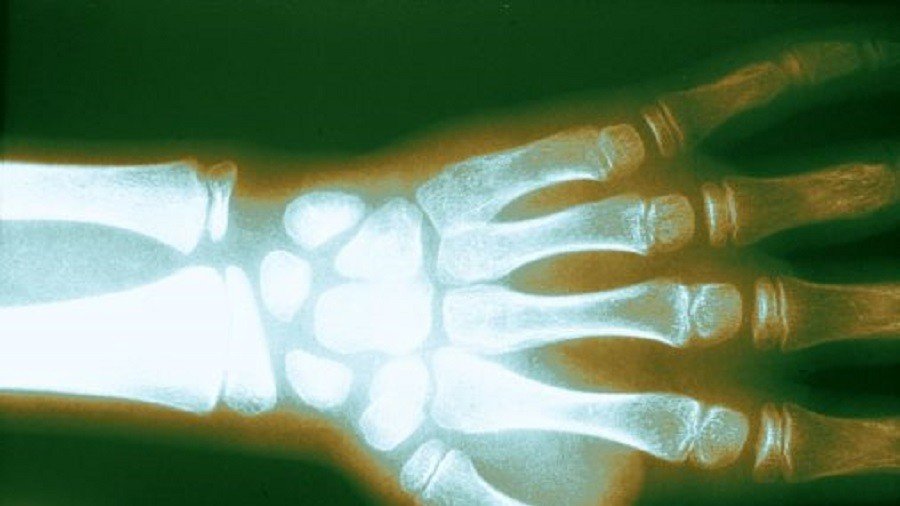Bad British weather to blame for more children with rickets, research finds

British weather is responsible for a staggering rise in the number of children suffering from rickets, research shows. Scientists believe an almost 50 percent increase is down to a lack of vitamin D from sunlight and calcium.
Rickets is caused by a deficiency of vitamin D, and causes leg bones to soften and bend under the weight of the body, resulting in deformities. Cases of children under the age of 15 being admitted to hospital for rickets have almost doubled since the 1990s.
University of Toronto scientists found that cases jumped from 0.56 per 100,000 among British kids in 1997 to 1.01 in 2011. The researchers have blamed a lack of “sunshine absorption” as a result of rising sea temperatures, which have caused more cloudy days.
Six hours of sun a month is all people need to get the required intake of vitamin D. But the scientists claim the clouded skies have deprived the UK of an average four hours per month since the mid-1990s.
Haris Majeed, who was behind the study published in Scientific Reports, said no one ever thought the sun could be responsible for the increase in rickets.
“Climatologists knew that the UK receives lower summer sunshine than other parts of the world, but no one ever thought of the effect it had on specific health implications, such as rickets,” he said.
“Sea surface temperatures are getting warmer over the North Atlantic, and are known to fluctuate every 60 to 80 years,” he added, according to the Daily Mail.
"After the mid-1990s, North Atlantic sea surface temperatures entered a warm phase, decreasing average summer atmospheric pressures and causing more rain, and less sunshine, in the UK.”
Majeed added that he thought the study, which is based on findings since 2011, could “save at least a few children from becoming disabled.”
According to the NHS website, rickets can be treated in most children if they are given foods that contain calcium and vitamin D, or by taking vitamin supplements.














